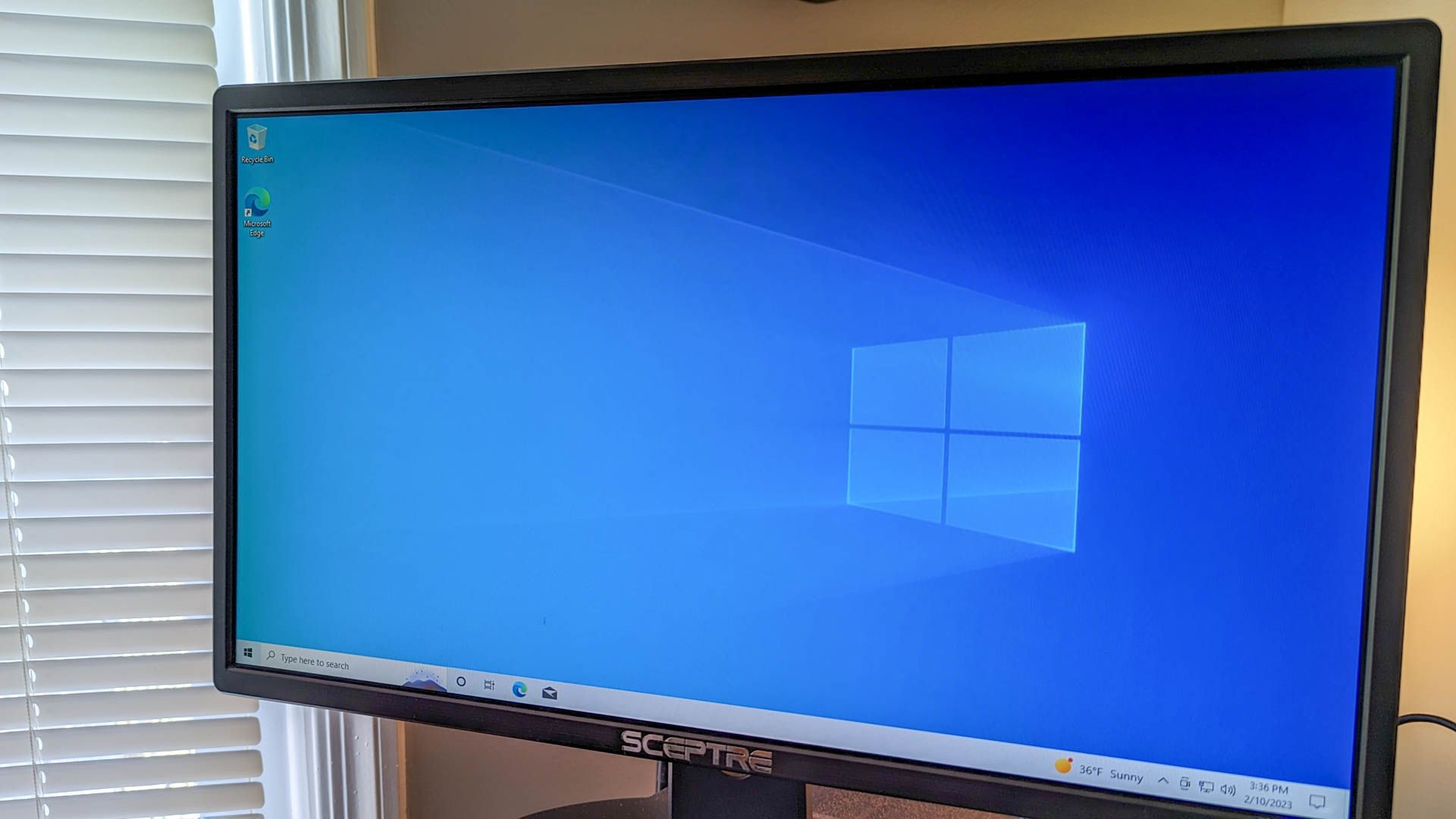Quick Links
Key Takeaways
- To use the Bing Wallpaper application, you need to download and install it from Microsoft's website.
- Make sure to uncheck options to set Bing as your homepage and default search engine if you don't want that change.
- The Bing Wallpaper application will update your desktop background daily with a new image from Bing's homepage.
Microsoft offers an official way to set Bing's beautiful homepage photos as your desktop background. Every single day, the tool will automatically grab a new high-resolution image from Bing and set it as your desktop wallpaper.
Get Bing Photos as Your Desktop Wallpaper
To get wallpapers from the Bing homepage each day, you'll need to download the official Bing Wallpaper application from Microsoft's website.
Run the downloaded application to install it, and be sure to uncheck "Set Bing as my homepage" and "Set Bing as my default search provider" if you don't want to set Bing as your new homepage and default search engine in Chrome, Firefox, and Edge.
The Bing Wallpaper application will install itself and automatically fetch and set a new desktop wallpaper for you. You'll see whatever image appears on the Bing homepage today.
The application will launch when you start your PC and automatically download and set a new desktop wallpaper image every day.
To change your wallpaper, find the Bing icon in your notification area (system tray), click it, and use the arrows to quickly cycle through a few available wallpapers.
You can also click this icon to see an explanation of what the photo is — for example, it will tell you what type of animal it is or where a landscape was photographed.
People have used various third-party tools to set Bing images as desktop wallpapers for years — even on Linux! Now, finally, there's an official, supported, easy-to-use tool that does it for you on Windows 10.
If you like the Bing Wallpaper tool, you can also get new images on your lock screen every day by leaving the included Windows 10 Spotlight feature enabled. We've recommended disabling Spotlight to get rid of advertising in the past, but Microsoft hasn't used Windows Spotlight to push advertisements in quite a while.
